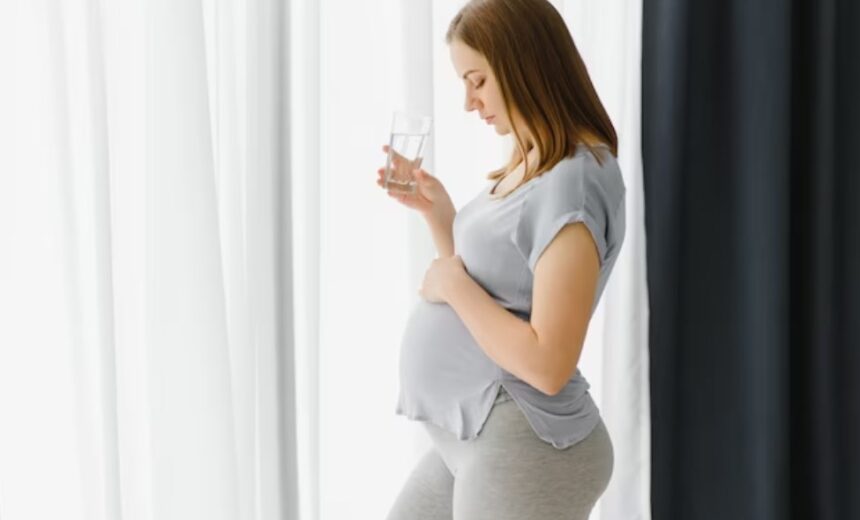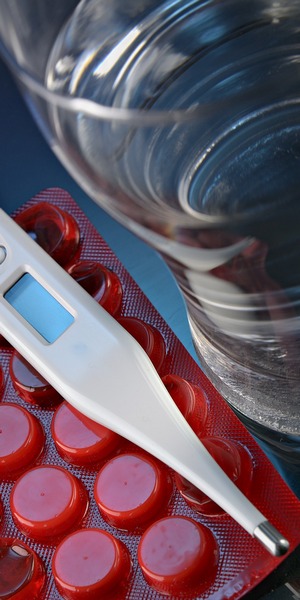Pregnancy and Humidity: Benefits of Using a Humidifier

As the journey of pregnancy progresses, an expectant mother’s body undergoes numerous transformations. In this period, the environment plays a significant role in influencing both maternal and fetal health. Among these environmental factors, humidity levels can have substantial effects.
To create a more comfortable and health-friendly atmosphere, many women consider the use of a humidifier while pregnant. But what does science say about this?
Let’s delve into how humidity impacts pregnancy and understand the potential benefits of using a humidifier during this transformative period.
Navigating Weather’s Influence on Pregnancy Health
The influence of weather on health is especially crucial during pregnancy, with humidity being a prime factor to consider. High humidity levels can intensify pregnancy-related symptoms like overheating, dehydration, and skin irritations, primarily due to increased perspiration and the body’s effort to cool itself down.
On the other end of the spectrum, low humidity can lead to issues such as dry skin, irritated sinuses, and respiratory complications, which arise due to the drying out of protective mucus membranes. Furthermore, extremes of humidity can disrupt sleep – a crucial element of health for expectant mothers.
By effectively managing indoor humidity, pregnant women can create an environment that prioritizes both comfort and wellness.

Embracing Humidifiers During Pregnancy – Balancing Caution and Comfort
The use of humidifiers during pregnancy has the backing of many experts, provided they are used with the appropriate caution. These devices operate by releasing moisture into the air, which can alleviate discomforts that stem from low humidity. By easing congestion, soothing dry skin, and improving sleep quality, these appliances can address several common pregnancy challenges.
Nevertheless, it’s vital to maintain these devices properly – frequent cleaning is a must to prevent mold and bacteria growth. Equally important is ensuring that they’re set to maintain a healthy indoor humidity level, generally recommended to be between 40-60%.

Delving into Humidity’s Effects on Pregnancy
Humidity’s impact extends beyond just comfort, having a significant influence on various health aspects during pregnancy. High humidity can trigger excessive sweating, leading to potential dehydration, which is a known risk factor for premature labor. Conversely, low humidity can cause the drying and irritation of the mucus membranes, leading to discomforts such as nosebleeds and sinus headaches.
The use of such an air moisturizer can help balance indoor humidity levels, thus maintaining optimal health conditions and potentially mitigating certain pregnancy-related risks.
Making the Right Choice: Selecting a Suitable Humidifier for Pregnancy
When choosing a moisturizer for use during pregnancy, prioritizing safety and efficiency is essential. Here’s a step-by-step guide to help:
- Type: Ultrasonic devices, known for their cool mist, are often recommended to eliminate risks associated with burns from hot steam;
- Safety Features: Opt for an appliance that has an auto shut-off feature to prevent it from running when the water tank is empty. This feature also minimizes the risk of overheating;
- Control: A built-in hygrometer, which measures humidity levels, can help monitor and control humidity effectively;
- Ease of Cleaning: To ensure the air you’re breathing remains healthy, choose a device that is easy to clean, reducing the chance of mold and bacteria buildup.
To aid your selection process, here are a few models that tick these boxes:
- Canopy Humidifier: This model is bacteria and mold-resistant, and comes with an embedded UV light for sterilization;
- Honeywell HCM350W: A popular choice due to its germ-killing capabilities and ease of cleaning;
- Pure Enrichment MistAire Ultrasonic Cool Mist Humidifier: This one features an auto shut-off and can run up to 16 hours, ideal for uninterrupted sleep.
Remember, each pregnant woman’s needs are unique, so it’s important to choose a humidifier that best fits your personal requirements and environment.
Key Takeaways
| Aspect | Detail |
|---|---|
| Weather’s Influence on Pregnancy | Both high and low humidity can impact health during pregnancy, affecting comfort and potentially leading to conditions like dehydration or respiratory complications. |
| Humidifiers During Pregnancy | Humidifiers, when used and maintained correctly, can help alleviate common discomforts caused by low humidity. Ideally, they should maintain indoor levels between 40-60%. |
| Humidity’s Effects on Pregnancy | High humidity can lead to excessive sweating and dehydration, a risk factor for premature labor. Low humidity can cause dryness and irritation of the mucus membranes, leading to issues such as nosebleeds and sinus headaches. |
| Choosing a Humidifier | Ultrasonic moisturizers are recommended due to their safety and efficiency. Important features to look for include an auto shut-off, a built-in hygrometer, and ease of cleaning. |
| Recommended Humidifier Models | Canopy Humidifier, Honeywell HCM350W, and Pure Enrichment MistAire Ultrasonic Cool Mist Humidifier are some models that offer essential features suitable for use during pregnancy. |
Final Thoughts
Pregnancy is a period of profound change and adjustment. Amid these transformations, maintaining a comfortable and health-promoting environment is paramount. The use of a humidifier while pregnant can help manage humidity levels, potentially easing common discomforts and promoting overall well-being.
As always, it’s crucial to use and maintain these devices properly to ensure they contribute positively to your health during this special period of your life.







